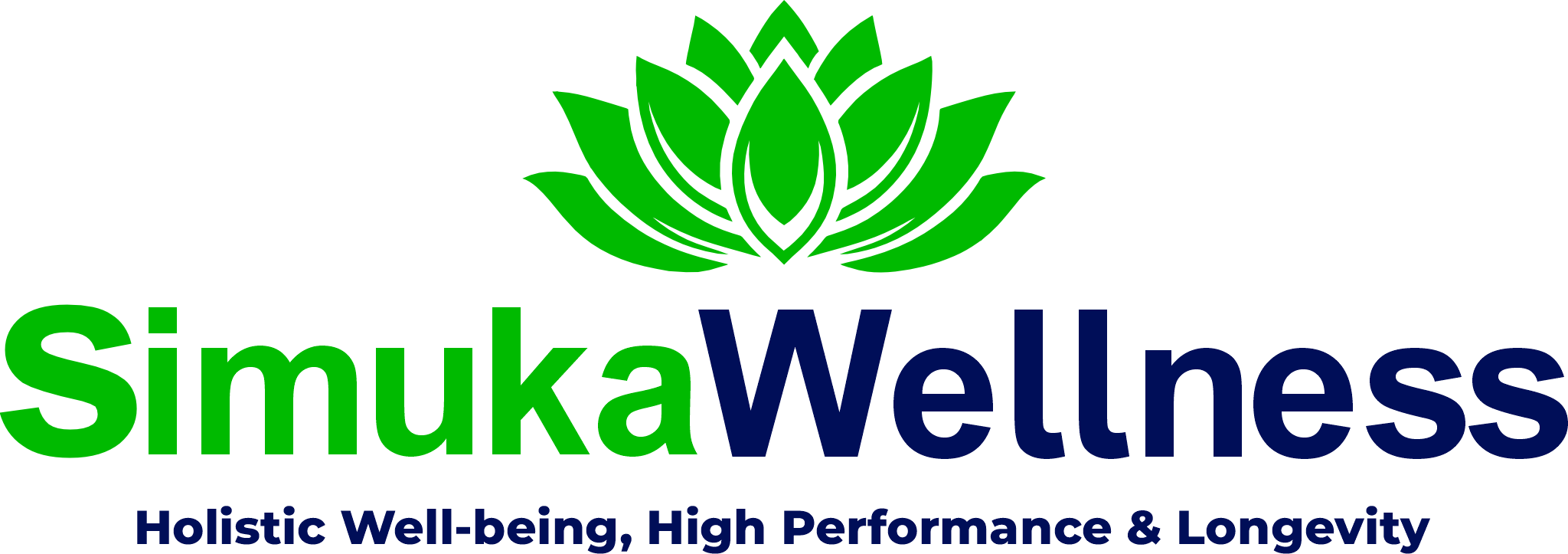Health is a generational legacy of Wealth l Family Wellness
Strong, Healthy Parents Raise Strong, Healthy Kids: A Path to Family Wellness
The health and well-being of children are deeply influenced by the actions, habits, and lifestyle choices of their parents. While some may believe that diseases like diabetes and hypertension are purely genetic, this view oversimplifies the reality. Epigenetics– the study of how lifestyle and environmental factors affect gene expression—demonstrates that genes can be turned on or off depending on factors such as diet, physical activity, and stress. While we inherit genetic predispositions, we also inherit behaviors and habits from our parents, and these can directly impact our health.
In fact, many of the conditions we associate with “genetic inheritance,” like Type 2 diabetes, obesity, and hypertension, are lifestyle-related. According to research by the National Institute of Health (NIH), epigenetic modifications caused by environmental and lifestyle factors can influence the development of diseases and be passed on through generations (Zhang et al., 2020).
This means that while we may inherit susceptibility to certain conditions, we are not doomed to inherit the diseases themselves. Instead, we inherit the habits and lifestyles that influence whether or not those diseases develop.
But here’s the empowering truth: we can break the cycle. Research consistently shows that by making intentional, healthier choices today, we can improve our own health and prevent passing on unhealthy habits to our children and future generations. A study published in Nature Communications (2019) found that lifestyle changes, such as improved nutrition and regular physical activity, can induce epigenetic changes that reduce the risk of metabolic diseases like Type 2 diabetes.
A Healthy Family Starts with Healthy Parents
Children need more than material gifts or financial stability to feel loved—they need parents who are healthy, thriving, and fully present. Parents play a critical role in shaping the physical, emotional, and mental health of their children. When parents prioritize their own wellness, they model behaviors that set the foundation for a lifetime of healthy habits in their children.
A meta-analysis published in Pediatrics (2018) confirmed that children whose parents actively engage in healthy habits, such as nutritious eating, regular physical activity, and mental well-being practices, are more likely to adopt similar behaviors themselves. In fact, research from the American Psychological Association (APA) shows that children learn health-related behaviors by observing their parents, and this has lasting effects on their health outcomes.
For instance, the American Academy of Pediatrics (AAP) highlights that children who grow up in households where physical activity is a regular part of life are more likely to stay active as they age, reducing the risk of obesity, diabetes, and cardiovascular diseases. Similarly, children of parents who prioritize mental health through mindfulness and stress management are more likely to practice these skills themselves, improving their emotional resilience and coping strategies.
The Power of Couples Wellness
Family wellness isn’t just about individual health—it’s about couples wellness too. The quality of the relationship between parents can have a profound impact on the entire family. Couples who nurture their relationship, communicate effectively, and prioritize wellness together create a harmonious and supportive environment that benefits their children.
One study in the American Journal of Health Promotion (2013) found that couples who exercise together not only have improved fitness levels but also report better relationship satisfaction. This is crucial because a healthy relationship between parents is a cornerstone of a stable, nurturing family environment. Joint activities, such as fitness routines, wellness retreats, or simply spending quality time together, strengthen not only the emotional bond between partners but also their physical health.
When couples engage in fitness and wellness practices together, they increase their commitment to these behaviors, which in turn benefits the family. For example, couples fitness sessions or shared nutrition plans can lead to better health outcomes for both partners and, by extension, for their children. Research from the Journal of Behavioral Medicine (2017) shows that couples who prioritize health together are more likely to maintain healthy behaviors and create lasting, positive changes in their lifestyle.
Health is Not Selfish – It’s Essential for the Whole Family
Taking care of your own health is not selfish—it’s essential for your family. Parents who prioritize their own physical and mental health are better equipped to manage the demands of parenting and provide emotional support to their children. A study from the Journal of Family Psychology (2016) found that parents who engage in self-care, such as physical exercise or stress management, have better relationships with their children and are more effective in their parenting roles.
Research further supports the idea that healthy parents raise healthy children. A study published in JAMA Pediatrics (2014) found that parental health behaviors—whether in nutrition, fitness, or mental health—have a direct influence on the health behaviors of children. When parents model healthy eating and exercise, their children are more likely to adopt these behaviors, significantly improving the children’s overall health and reducing the risk of preventable diseases like diabetes, asthma, and obesity.
By investing in your own health, you not only enhance your life but also set the stage for a healthier, happier family. Parents who are physically active and emotionally resilient are better equipped to model these behaviors for their children, creating a lasting legacy of wellness.
Simuka Wellness Family Program: Shaping a Legacy of Health
At Simuka Wellness, we believe that family wellness begins with empowering parents to prioritize their health. Our Family Wellness Program is designed to help families build physical, mental, and emotional resilience by promoting sustainable habits around nutrition, exercise, sleep, and mental health. This program helps families create a legacy of vitality and well-being, breaking unhealthy cycles and establishing lifelong health practices.
Program Highlights:
- Comprehensive Family Wellness Assessment: A personalized evaluation to understand the unique needs of your family, from nutrition to fitness to mental health.
- Tailored Guidance: Assistance in developing family health goals, including creating balanced nutrition plans, exercise routines, and sleep strategies.
- Home Gym Strategies: Practical advice on setting up a home gym and creating a balanced, health-promoting lifestyle within your family.
Our program is specifically designed to support parents and couples in creating habits that will benefit their children and future generations. By making wellness a shared family journey, parents not only improve their own health but also create a supportive environment where their children can thrive.
Take the First Step Today!
Join the Simuka Wellness Family Program and start your journey toward a stronger, healthier family. With expert guidance, a comprehensive wellness assessment, and personalized strategies, you can break unhealthy cycles and build a future of vitality.
Consultation & Assessment Fee: $50
Book your Family Wellness Assessment Now!
Simuka Wellness – Helping you shape a legacy of health, vitality, and love.
Supporting Research Citations
- Zhang, B., et al. (2020). Epigenetic regulation in disease. Nature Communications. DOI: 10.1038/s41467-019-13983-4
- Robinson, S. M., et al. (2013). Couples’ joint exercise and adherence: A systematic review. American Journal of Health Promotion. DOI: 10.4278/ajhp.120605-QUAN-248
- DellaValle, D., et al. (2014). Parenting, family health behaviors, and child health outcomes. JAMA Pediatrics. DOI: 10.1001/jamapediatrics.2014.1512
- Fairclough, S., et al. (2011). Family physical activity and children’s fitness: Effects of a family-based intervention. American Journal of Preventive Medicine. DOI: 10.1016/j.amepre.2011.02.024
- Whitaker, R.C., et al. (2018). The role of parents in promoting healthy eating behaviors in children. Journal of the Academy of Nutrition and Dietetics. DOI: 10.1016/j.jand.2018.07.013
- Kraschnewski, J.L., et al. (2017). Lifestyle interventions in couples and their impact on health outcomes. Journal of Behavioral Medicine. DOI: 10.1007/s10865-016-9769-5



